Room 102, Building 13, Area A, Wanyang Zhongchuang Park, Ganyao Town, Jiashan County, Zhejiang China.

Photovoltaic bolts are specialized fasteners designed primarily for securing components in solar photovoltaic (PV) systems. As solar energy installations have rapidly expanded worldwide, the need for reliable, durable, and corrosion-resistant mounting hardware has become crucial. Photovoltaic bolts play an essential role in the structural integrity and long-term performance of solar panels and their mounting systems.
Understanding Photovoltaic Systems
To grasp the importance of photovoltaic bolts, it helps to understand the basic structure of a photovoltaic system. Solar PV panels are installed on rooftops, ground-mounted racks, or other supporting frameworks. These panels convert sunlight into electricity by harnessing the photovoltaic effect. However, to ensure that panels remain securely attached and properly aligned under various environmental conditions—such as wind, rain, snow, and temperature fluctuations—strong mechanical fastening solutions are necessary. This is where photovoltaic bolts come in.
Definition and Design Features of Photovoltaic Bolts
Photovoltaic bolts are fasteners specifically engineered to meet the demanding conditions of solar panel installations. Unlike ordinary bolts used in construction or machinery, photovoltaic bolts are designed with special considerations:
Corrosion Resistance: Since solar panels are often exposed to outdoor elements, the bolts must resist rust and corrosion to maintain their strength and appearance over many years. Stainless steel and coated steel bolts are commonly used.
High Strength and Durability: Photovoltaic bolts must withstand significant mechanical stress, including wind loads and vibrations, ensuring the panels do not shift or loosen over time.
Compatibility: These bolts are designed to fit precisely with solar mounting racks, frames, and panel frames, ensuring a snug and reliable fit.
Ease of Installation: Many photovoltaic bolts come with features such as pre-attached washers, flanges, or locking mechanisms to facilitate quicker and safer assembly.
What Do Photovoltaic Bolts Do?
The primary function of photovoltaic bolts is to mechanically secure the solar panels and their mounting structures. Here are the key roles these bolts perform:
Fixing Solar Panels to Mounting Structures
Photovoltaic bolts secure solar panels to their racks or frames. These bolts pass through the panel frame’s mounting holes and clamp the panel firmly in place. Proper fastening prevents panels from moving or vibrating excessively, which could cause damage or reduce efficiency.
Connecting Structural Components
Beyond just fastening the solar panels themselves, photovoltaic bolts are used to assemble and stabilize the supporting mounting system. This may include connecting rails, brackets, clamps, and other structural elements. A strong and stable mounting system is essential to maintain the correct tilt angle and orientation for optimal solar exposure.
Ensuring Weather Resistance
By providing tight and secure connections, photovoltaic bolts help keep the entire solar array stable during adverse weather conditions such as high winds, rain, snow, and temperature changes. This stability not only protects the panels but also contributes to the safety of the installation.
Allowing for Expansion and Contraction
Materials used in solar mounting systems can expand or contract with temperature changes. Photovoltaic bolts, especially those designed with specific washers or locking features, accommodate these movements without loosening. This helps prevent damage from thermal stress.
Facilitating Maintenance and Upgrades
Well-designed photovoltaic bolts make it easier to perform maintenance tasks, such as cleaning or replacing damaged panels. Their standardized sizes and easy installation reduce downtime and labor costs when servicing solar systems.
Types of Photovoltaic Bolts
There are several types of bolts used in PV systems, each chosen based on specific application requirements:
Hex Bolts: Commonly used due to their strong head shape that allows for high torque application.
Flange Bolts: These have an integrated washer-like flange under the bolt head, distributing the load and providing better grip.
Self-Locking Bolts: Designed with locking features (like nylon inserts) to prevent loosening from vibration.
Stainless Steel Bolts: Preferred in environments prone to corrosion for their long-lasting durability.
Materials Used
The materials used for photovoltaic bolts are crucial for their performance:
Stainless Steel: Most common for outdoor applications due to excellent corrosion resistance.
Galvanized Steel: Steel bolts coated with zinc to resist rust, generally more affordable but less durable than stainless steel.
Aluminum: Occasionally used for lighter-weight applications but less strong than steel.
Importance of Quality in Photovoltaic Bolts
Using high-quality photovoltaic bolts is essential because poor-quality or incorrect fasteners can lead to:
Panel Loosening: Causing damage, reduced efficiency, or safety hazards.
Corrosion and Rust: Leading to failure of the mounting system and costly repairs.
Structural Failures: Which may cause entire solar arrays to collapse under stress.
Hence, most installers and manufacturers recommend using bolts certified to meet industry standards for strength, corrosion resistance, and durability.
Photovoltaic bolts are specialized fasteners that secure solar panels and their supporting structures, ensuring stable, durable, and safe solar energy installations. They are designed to resist corrosion, handle mechanical stress, and allow for thermal expansion, all critical to the performance and longevity of photovoltaic systems. By choosing the right type and quality of photovoltaic bolts, solar projects can achieve better reliability, safety, and overall energy production efficiency.


Fix anchorbolts include bolts, washers, nuts and 4PCS cylindrical shields. By tightening the bolts, the shields tubes expand and the components can be...
See Details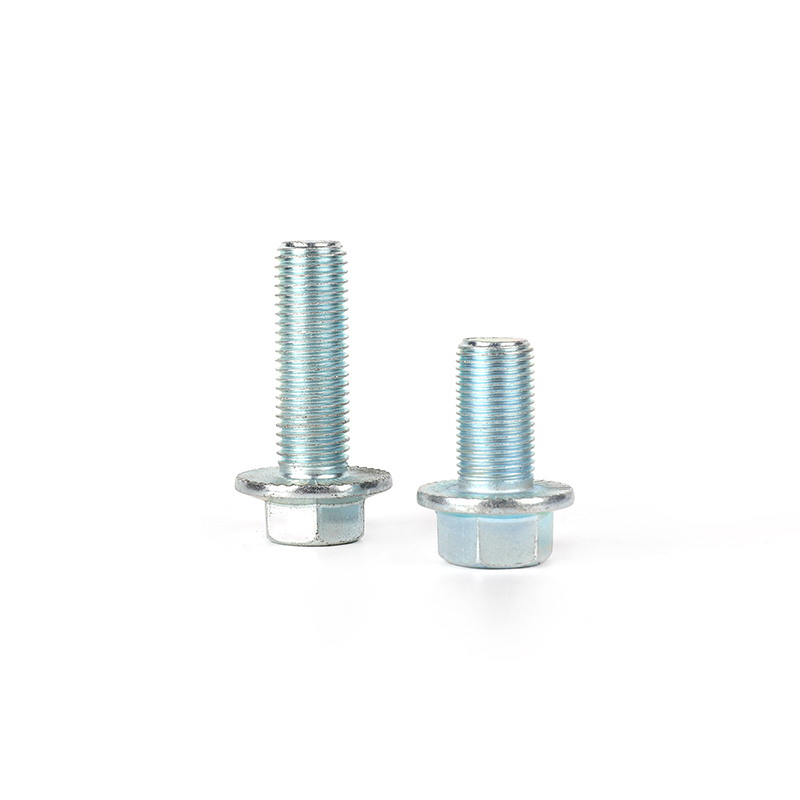
Flange bolts are specially used to tightly connect pipes and components with flanges. We produce flange bolts are solid t and durablethat, compling wi...
See Details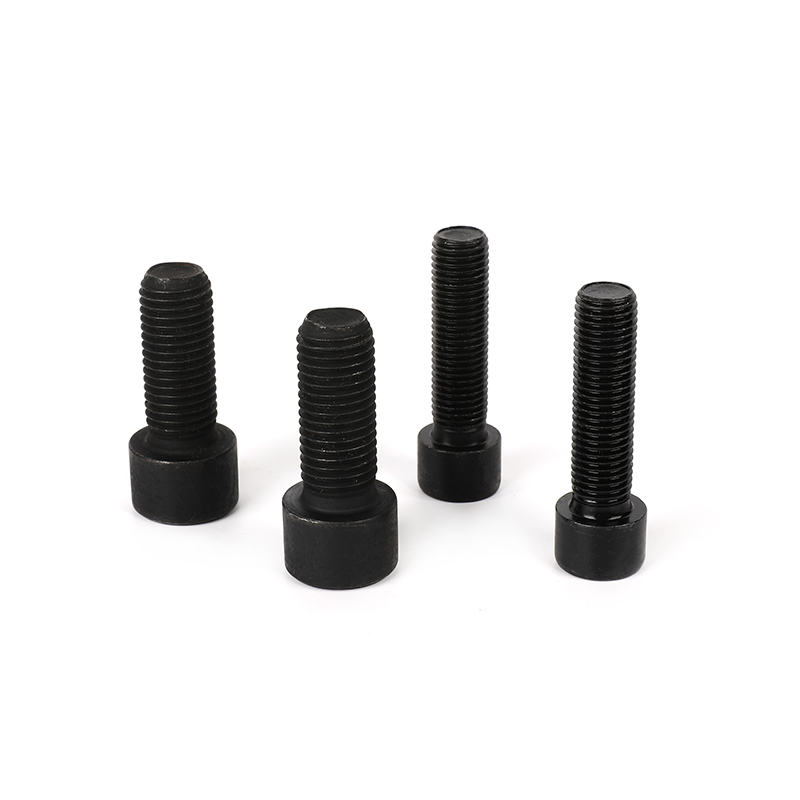
The Grade 8.8 black oxide full-thread hexagon socket bolts have an internal hex design and needs to be used with a wrench with a hex head. Its full th...
See Details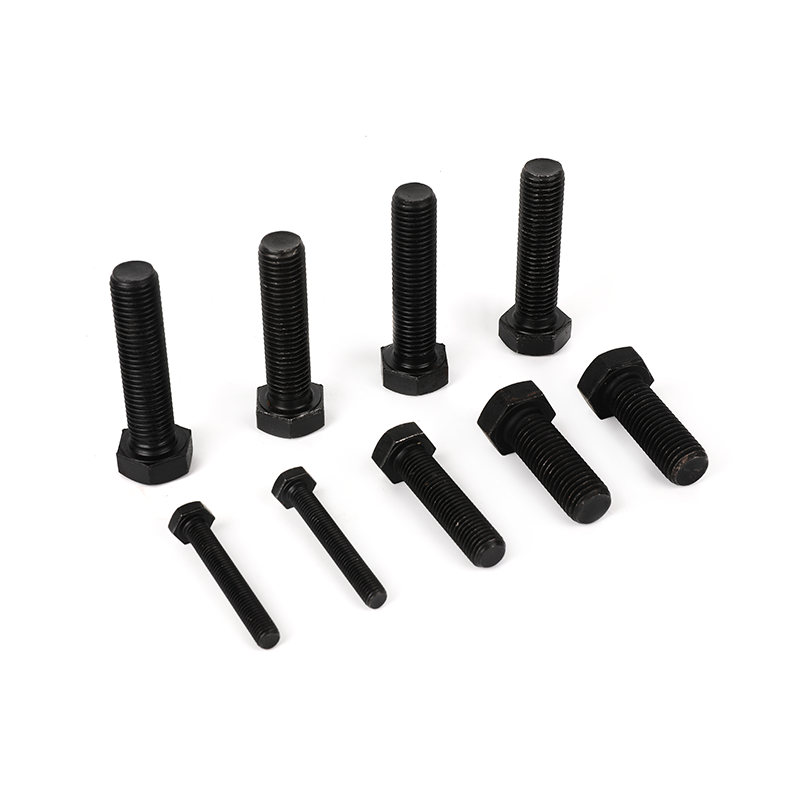
Grade 8.8 black oxide full-thread hexagon bolts is a very common fastener and requires a wrench or hex wrench to tighten it. Our hex head bolt meet th...
See Details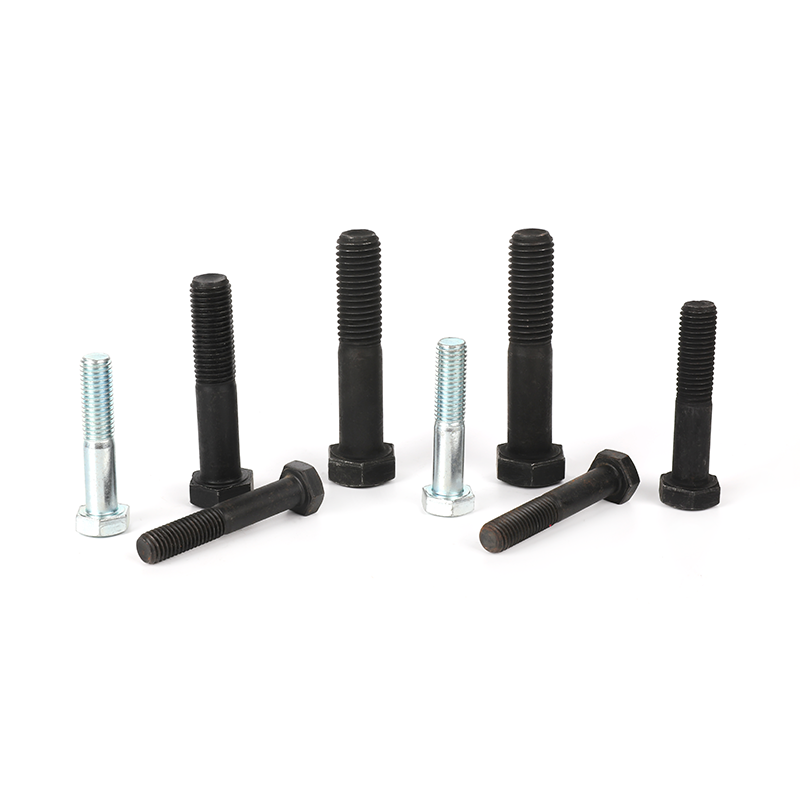
This product is made of high-quality carbon steel and undergoes a rigorous heat treatment process. It has high strength, good elasticity and toughness...
See Details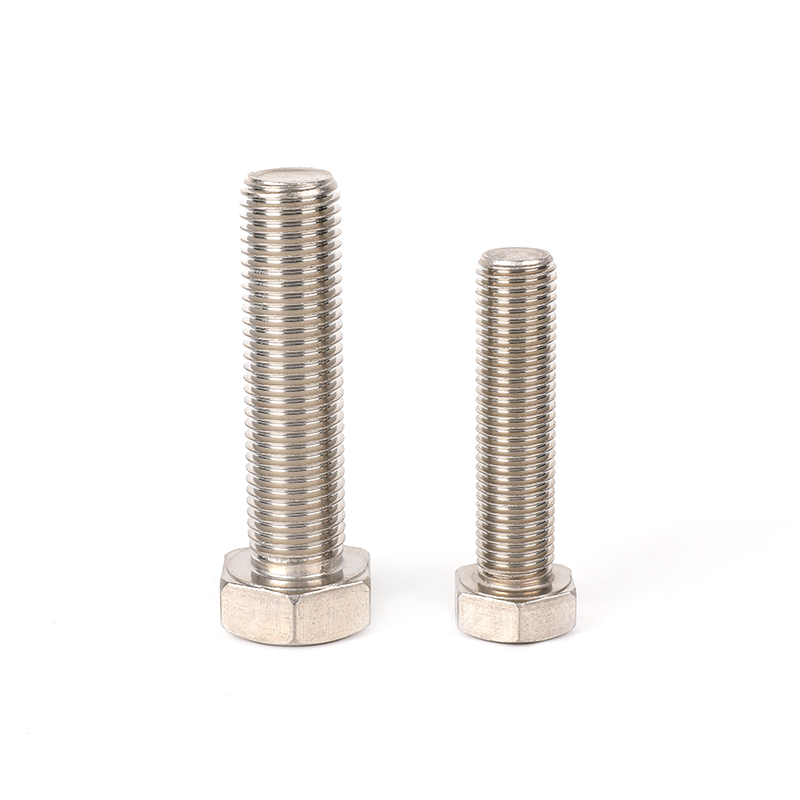
This 304 stainless steel plain full-thread hexagon bolt is a kind of fasteners made of high-quality stainless steel material and has corrosion resista...
See Details
This plain round flat head weld shoulder bolt is a fastener suitable for a variety of welding applications. Its flat head and round head design makes ...
See Details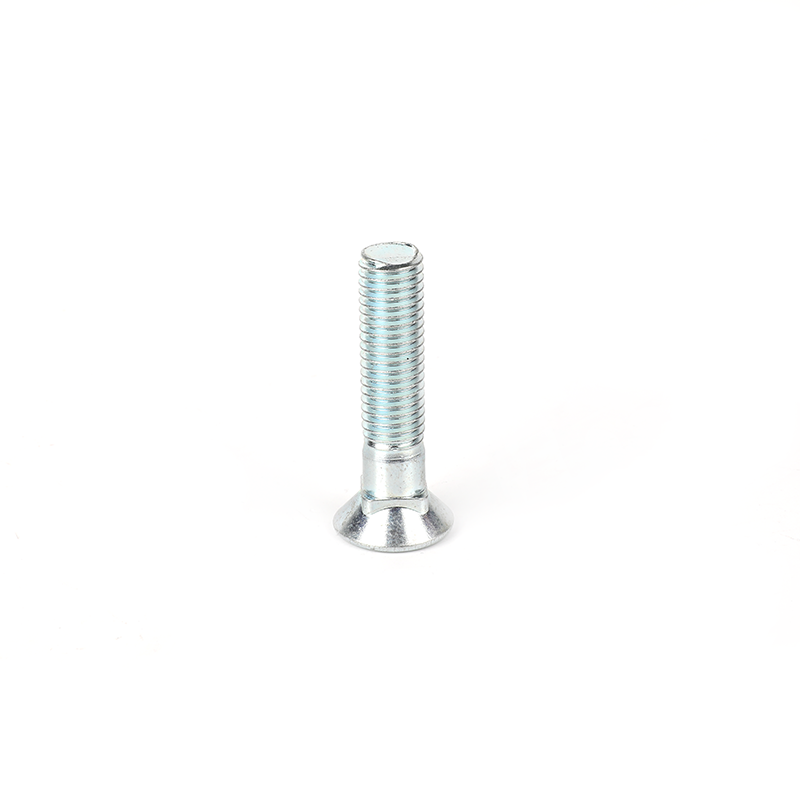
This Grade 12.9 zinc plated countersunk head square neck plow bolt has the advantages of high precision, high operability, high strength, and high ten...
See Details